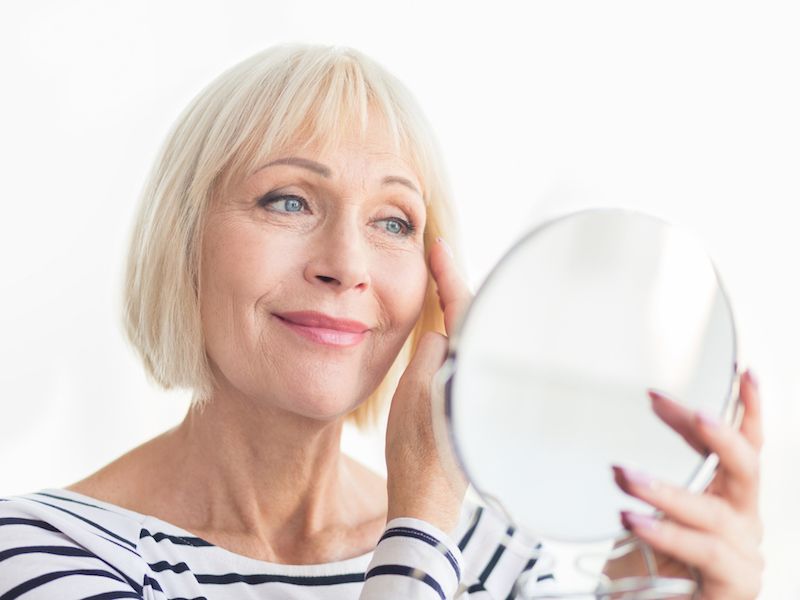
It seems like we’re always attempting to stay youthful. From wrinkle creams to Botox to special diets to spin class, we spend countless hours every day doing everything we can to slow the steady march of aging. Still, with all that time and effort, the one thing that might actually work, we tend to avoid: safeguarding our ears.
Hearing impairment is often one of those “signs of aging” that we frequently think of as inevitable. But it’s not as simple as that. You can keep your hearing in great condition and help avoid damage by safeguarding and caring for your ears. And great hearing can have significant anti-aging effects as time goes by.
Aging And Hearing
When we speak about “aging” we don’t normally mean the actual passage of time. Instead, certain mental. emotional, or physical changes are signs that somebody is getting older. A good example of this is pain in your joints. When your knees begin to bother you, you may relate that with “getting old”. But it’s not age alone that leads to the problem (your daily 5-mile run could have something to do with it, too).
Many kinds of hearing loss fall under this category. There’s a build-up of damage as you get older. The accumulation of damage, in most instances, is the real cause of hearing deterioration. And that’s when things can start to grow out of control. Several other indications of aging have been linked to hearing loss:
- Studies have shown a strong link between neglected hearing loss, depression, and anxiety.
- In some situations, the mental burden involved in trying to hear can lead to issues such as memory loss or insomnia. And that might make you feel like you’re aging in an especially profound way.
- When hearing problems are unnoticed and neglected they can sometimes accelerate the onset of other mental health issues, including dementia.
- Neglected hearing loss might cause you to isolate yourself from friends or family.
What to do About Age Related Hearing Loss
When you fight the “signs of aging” in your ears, you’re really placing an emphasis on controlling damage. And luckily, there are a few ways to accomplish that. For example, you can:
- Raise your awareness. You can still suffer damage to your hearing even if sounds are not painfully loud. Moderate noise for longer durations can cause injury to your ears, too.
- Steer clear of loud noises as much as you can. And when you can’t avoid high volume places, wear hearing protection. So make certain you wear earplugs when you go see your favorite band.
- Wear hearing protection to work if your job exposes you to loud noise. Modern ear muffs have excellent technology that can allow you to hear voices clearly while filtering out loud, damaging environmental sounds.
All of these strategies will help safeguard your ears. But there’s one more step you can take to keep your hearing in good condition: make an appointment with us for a hearing exam. Catching hearing loss before you even notice it can be accomplished by getting regular screenings. You should still have a screening even if your hearing is normal so that you can have a baseline to compare against in the future.
Keep Your Ears Healthy With Hearing Aids
We live in a loud world. In spite of your best effort to take care of your hearing, you still may eventually detect some hearing loss. If that’s the case, it’s essential that you seek help as quickly as possible. A good set of hearing aids can help counter some of the so-called age-related concerns related to hearing impairments.
Hearing aids can help your ears function more youthfully, kind of like a facelift for your ears. And dementia, depression, and other issues can be prevented. The example isn’t ideal, because hearing aids are needed and a facelift isn’t, but you get the idea. You might look younger if you use wrinkle cream. But your best choice, if want to feel younger, is to take care of your hearing loss and protect your hearing.